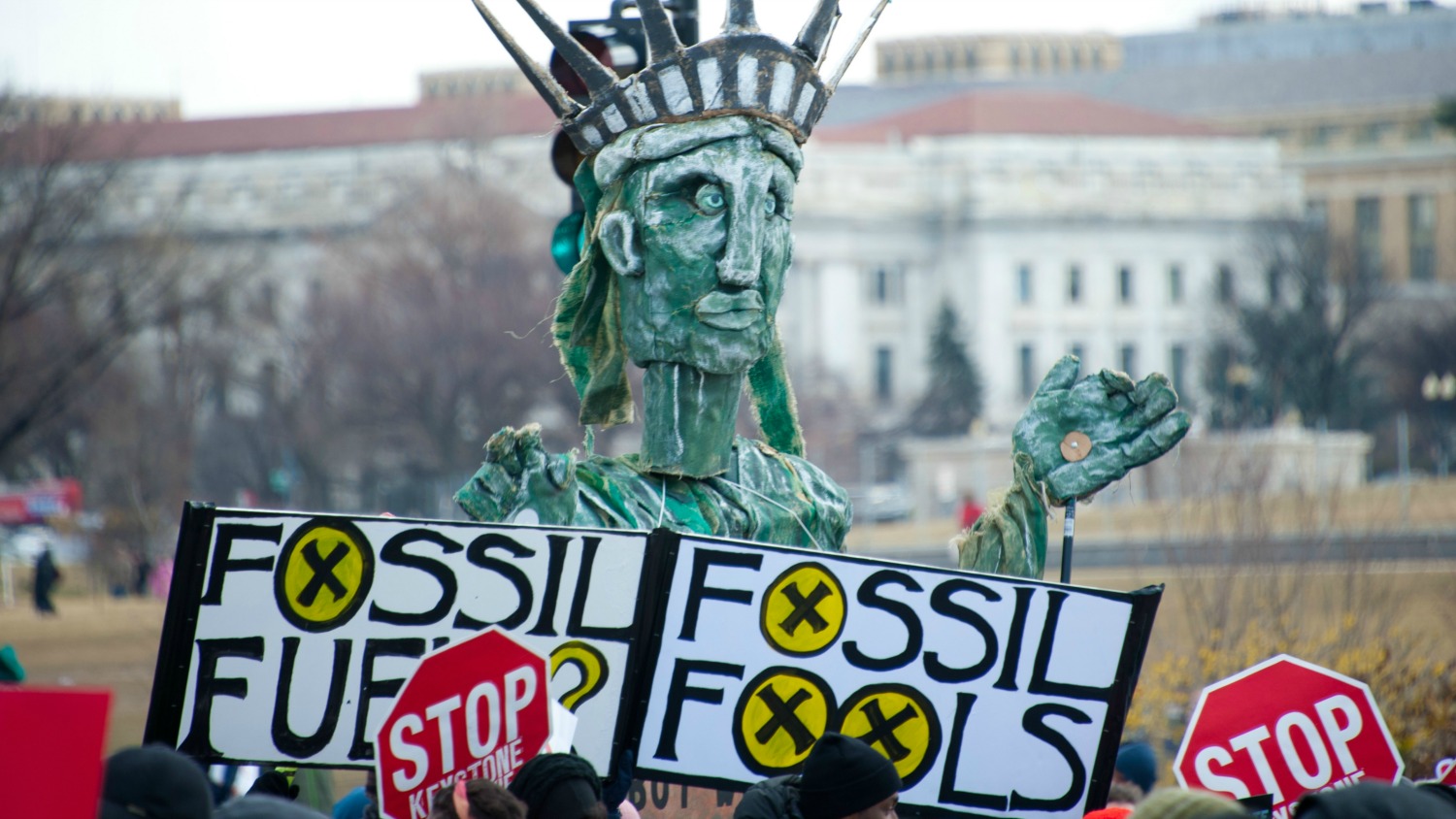The new Republican Senate leadership seems to be holding true to its word: Approval for the Keystone XL pipeline will top the 2015 legislative agenda. The head of the Energy and Natural Resources Committee, Sen. Lisa Murkowski (R-Alaska), plans to hold a hearing on the pipeline on Wednesday and introduce a bill to approve it on Thursday.
A pro-Keystone bill came one vote short of passing in the Senate in November — and that was back when Democrats were still in control. This time, Republicans say, newly elected senators such as Shelley Moore Capito (R-W.Va.) and Joni Ernst (R-Iowa) will ensure that there are at least 60 votes, enough to overcome the threat of a filibuster and pass the legislation. But Senate leadership likely still won’t have the 67 votes they’d need to overcome a veto by President Obama, should he issue one.
So, assuming Keystone clears Congress in the next few weeks, how will Obama respond? The president has repeatedly put off making a call on the controversial pipeline, saying he’s waiting for the State Department to finish its assessment of the project. Toward the end of 2014, he was sounding like he wasn’t much a fan — when a Washington Post reporter asked Obama about Keystone last month, he responded that the project would have little positive effect in the U.S.:
“[S]ometimes the way this gets sold is, let’s get this oil and it’s going to come here and the implication is that’s gonna lower oil prices here in the U.S. It’s not. There’s a global oil market. It’s very good for Canadian oil companies and it’s good for the Canadian oil industry, but it’s not going to be a huge benefit to U.S. consumers. It’s not even going to be a nominal benefit to U.S. consumers.”
This would seem to suggest that when Republicans try to force Obama’s hand on the project, they can expect a veto — or at least that’s what climate hawks are hoping.
Keystone is also facing another challenge: Its path through Nebraska is held up by that state’s Supreme Court, which is currently deciding whether the governor wrongly cleared the way for the pipeline through a special legislative session in 2012, instead of letting the state’s Public Service Commission, which usually handles those decisions, make the call. The Nebraska court’s ruling is also expected very soon.


